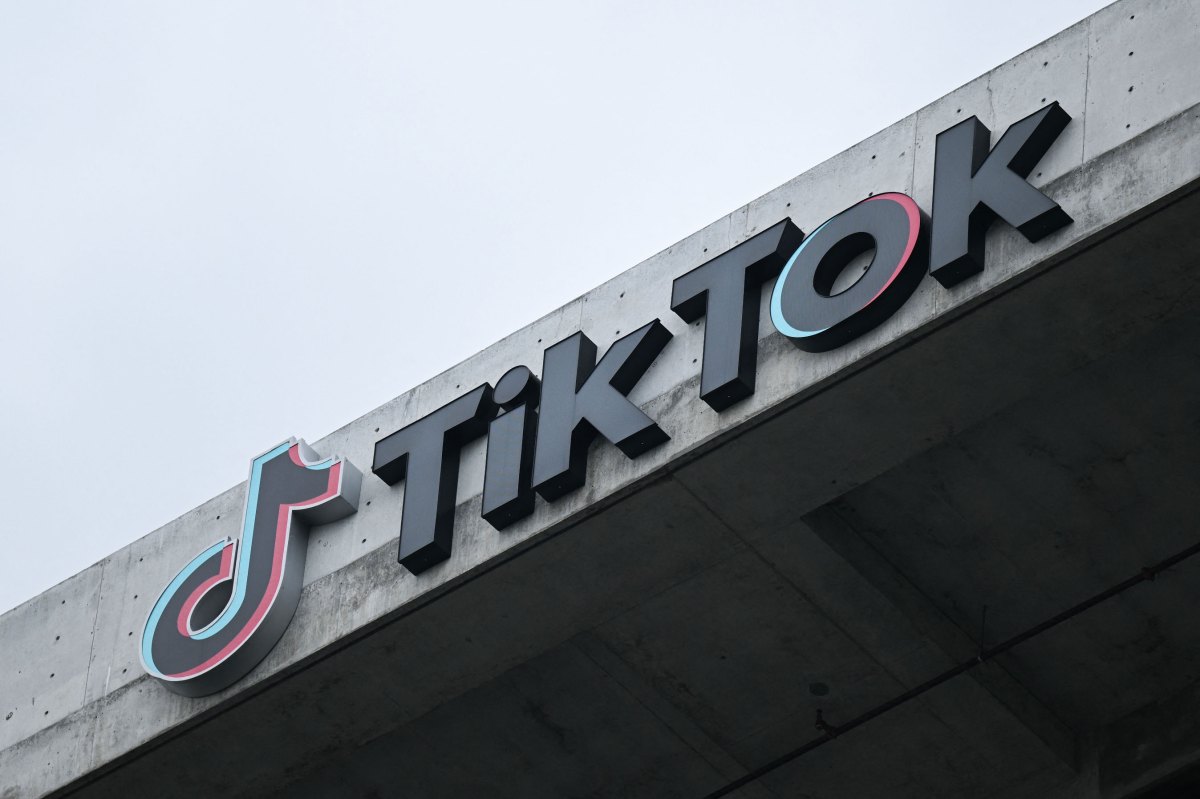TikTok’s e-commerce ‘Shop’ platform launches in Spain
TikTok’s e-commerce Shop feature is going live in Spain, the company announced on Tuesday, marking the first step of a wider European rollout. The launch indicates that TikTok parent ByteDance is speeding up the expansion of the TikTok Shop in European markets as a potential U.S. ban looms.
Users in Spain will now be able to make in-app purchases through shoppable videos and LIVE Shopping streams on their For You Feed, and while browsing catalogs on digital storefronts. Spanish businesses and creators will soon also be able to sell products directly through the app.
TikTok began beta testing Shop in the U.K. in 2021 and later rolled out the feature in Indonesia, Malaysia, the Philippines, Singapore, Thailand, the United States, and Vietnam.
Although TikTok had reportedly originally planned to launch Shop in Spain, Germany, Italy, France, and Ireland earlier this year, the company decided to hold off on doing so to focus on the U.S.
At the start of the year, TikTok aimed to grow the size of its TikTok Shop U.S. business tenfold to as much as $17.5 billion this year.
It seems that the company’s focus on the U.S. paid off, as TikTok Shop managed to hit over $100 million in single-day sales on Black Friday, tripling sales from last year. During Black Friday and Cyber Monday weekend, TikTok Shop also saw a 165% increase in shoppers year-over-year.
TikTok Shop not only challenges Amazon but also fellow Chinese-owned companies Temu and Shein.
Unlike its e-commerce competitors, TikTok has an extremely popular social media network that leverages creators and viral videos to reach buyers. Amazon has tried to emulate this experience with the launch of Inspire, a short-form video feed that allows consumers to explore products and shop from content created by influencers.
The expansion to Spain comes a day after ByteDance and TikTok filed an emergency motion asking an appeals court to temporally block the law that would ban TikTok in the U.S. unless the social network divests from Chinese ownership by January 19. The companies are asking for the hold to give the Supreme Court a chance to assess the case.







